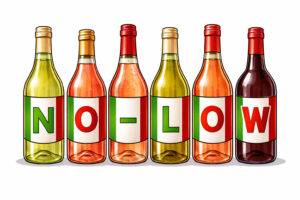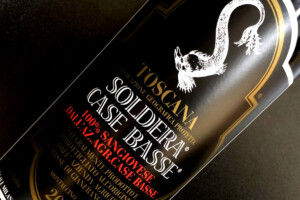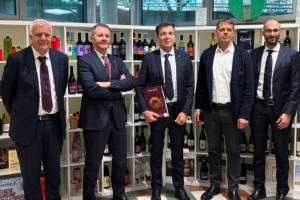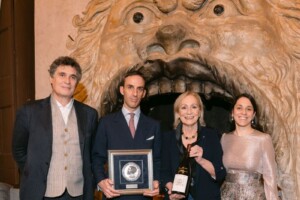In the battle against false and imitation goods that make inappropriate use of denominations, immediate and firm action must be taken in Italy and abroad to avoid the risk of a take over of these false goods, which already earn 50 billion euros per year.
This was the affirmation recently made by Coldiretti as a positive response to the recent decision made by the E.U. Court to nullify the registration of the brand name “Grana Braghi” which had originally been conceded in 2003 by the European Office for brand names in Alicante (Spain) to an Italian company who was then later brought recourse against by the Grana Padano Consortium.
The court ruled that the term “Grana” is not generic and is reserved exclusively to name cheeses that respect the norms contained within the disciplines of Grana Padano production. Coldiretti noted that this was a decision to support transparency and against consumer fraud. It is also an important precedent given the past decision by the E.U. Court in the ruling that dismissed the accusation of Germany’s inappropriate use of the term “Parmesan” for imitations of Parmigiano Reggiano.
Abroad, one out of four Italian food products are false, earning 16.7 billion euros and making up a third of the entire false “Made in Italy” food market (which earns a total of 50 billion euros per year). Besides Germany’s imitation Parmesan, in Europe there is also Swedish Fontina, grated Parma sold in Spain, and Cambozola (imitation Gorgonzola) in Germany.
In the rest of the world, there are countless imitations of Parmigiano Reggiano and Grana Padano, the two most imitated Italian food products in absolute, with variations like Parmesao in Brazil, Regianito in Argentina, Reggiano and Parmesano throughout South American, Parmson in China and Parmesan in the United States, Canada, Australian and even Japan. In fact, only 2% of American consumers who buy Italian cheeses insist on the original products, while the rest are satisfied with imitations. Overall, nine out of ten consumers world wide buy false Grana and Parmigiano products. But this is just the tip of the iceberg.
There are countless other false Italian foods that are on the market: in the U.S. one can find items like “Contadina” (Roma style) tomato preserves, Provolone from Wisconsin and Mozzarella from Minnesota, while in Australia there are inventions like Salsa Bolognese, Mozzarella, Ricotta, “Prefect Italian” Parmesan that all carry the Italian flag on their packaging; in China, the local industry offers Italian tomatoes, Parmeson, Caciotta, and even Pecorino (the name of a typical Italian sheep’s milk cheese but which here has an image of a cow on the package).
Coldiretti has made an urgent appeal to combat the production of all of these products and numerous others because it is an abuse of consumer trust that is also causing serious economic damages for original Italian food products. It must be combated on a global level with an international agreement on commerce through the WTO.
Copyright © 2000/2026
Contatti: info@winenews.it
Seguici anche su Twitter: @WineNewsIt
Seguici anche su Facebook: @winenewsit
Questo articolo è tratto dall'archivio di WineNews - Tutti i diritti riservati - Copyright © 2000/2026








































































































































































































